Center and Institute Hires
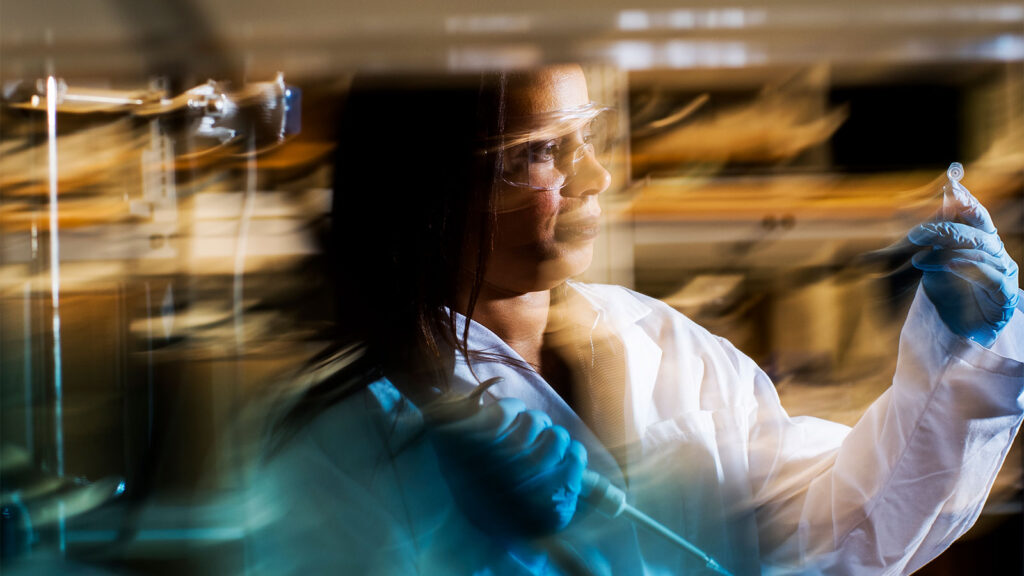
Our institutes draw experts from across the university, the country, and the world to address complex challenges—and conduct multidisciplinary research—in areas as diverse as sustainability, cybersecurity, and robotics. This fall, we’re proud to welcome a number of accomplished faculty to our institutes.
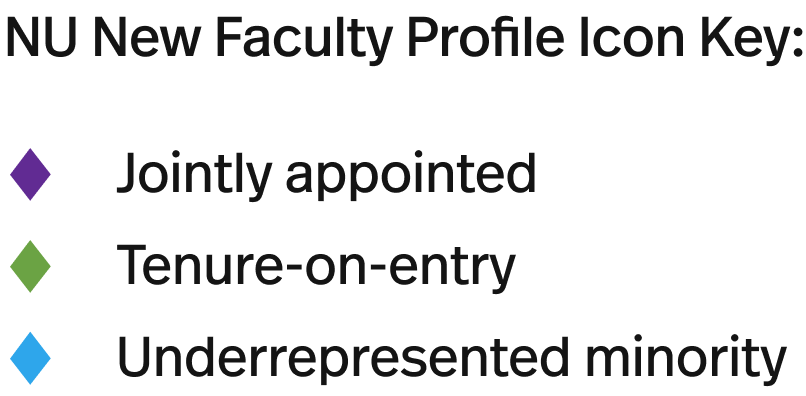
Institute of Health Equity and Social Justice Research
Professor and Associate Director Idia Thurston: Tackling Health Inequities Through Social Justice

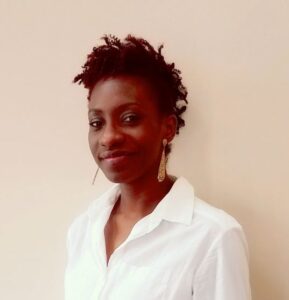
Black, Indigenous, People of Color, and other minority individuals have long faced health inequalities. Idia Thurston has dedicated her career to exploring this injustice by studying health equity science and advocating for young people and families. In this paper, she highlights how current psychology practices perpetuate white supremacy and offers anti-racism approaches to improve the scientific field. Read the paper here.
We’re excited to announce that Idia Thurston has joined the faculty at Northeastern University as a jointly appointed, tenured Professor in Health Sciences and Applied Psychology, and Associate Director of the Institute of Health Equity and Social Justice Research. In these roles, she will continue her important work on wellness disparities in underserved communities.
Prior to joining Northeastern University, Thurston served as an Associate Professor of Clinical Psychology at Texas A&M University. She also served as Director of the university’s Challenging Health Inequity in Adolescents and Nurturing Global Empowerment (CHANGE) Lab. There, Thurston worked with graduate and undergraduate scholars to develop culturally responsive tools, programs, and interventions to address health disparities by race, ethnicity, gender, class, age, and sexuality. Thurston earned her Ph.D. in Clinical Psychology from the University of South Florida and has published more than 60 peer-reviewed articles and papers. She has also received numerous awards for her significant contributions to mentorship and social service support for Black women.
Mechanobiology Institute
Ning Wang: Measuring Cell Stiffness and Traction to Combat Disease

Black, Indigenous, People of Color, and other minority individuals have long faced health inequalities. Idia Thurston has dedicated her career to exploring this injustice by studying health equity science and advocating for young people and families. In this paper, she highlights how current psychology practices perpetuate white supremacy and offers anti-racism approaches to improve the scientific field. Read the paper here.
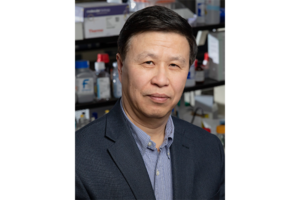
The findings from the probe will help researchers understand the cellular processes that lead to embryo development, as well as diseases such as arteriosclerosis and cancer. Read more here.
We’re excited to announce that Ning Wang has joined Northeastern University as the Director of the Mechanobiology Institute and Professor in the Bioengineering department of the College of Engineering. He previously served as the Leonard C. and Mary Lou Hoeft Endowed Professor of Mechanical Science and Engineering at the University of Illinois Urbana-Champaign. He was also an affiliate faculty at the Carle Illinois College of Medicine, the Beckman Institute for Advanced Science and Technology, and the Cancer Center at Illinois.
Wang holds an M.S. in Biomedical Engineering from Huazhong University of Science & Technology and an Sc.D. in Physiology from Harvard University. He has published extensively in a number of leading journals, including Science Advances, Proceedings of the National Academy of Sciences of the United States of America, and Science Robotics.
SMART Center, Mills College at Northeastern University
David Horsley: Inventing the Microsensors in Your Household Products


From unlocking laptops to guiding robot vacuums, ultrasonic sensors have powerful consumer product applications. Developed by researcher and entrepreneur David Horsley, these sensors can precisely locate objects in 3-D space using micro-electromechanical systems (MEMS).
Horsley has also predicted that ultrasonic sensors that can detect hand gestures will eventually replace touchscreens and become integral to augmented and virtual reality systems. (Learn more about the future of gesture-based interface.)
As a professor of Electrical and Computer Engineering at Northeastern’s Oakland campus and co-director of the SMART Center, Horsley is developing a new academic program focused on entrepreneurship, MEMS, and semiconductor research. Prior to joining Northeastern, Horsley taught at UC Davis where he received the College of Engineering’s Outstanding Junior Faculty Award.
Horsley co-founded multiple businesses including CHIRP Microsystems (acquired by TDK in 2018) and holds more than 20 patents. In recognition for his development of MEMS for ultrasonic transduction, Horsley was named a Fellow of both the Institute of Electrical and Electronics Engineers (IEEE) and the National Academy of Inventors. He has also been honored with an NSF CAREERS Award and the Alexander Schwarzkopf Prize for Technical Innovation. Read more.
Network Science Institute
Assistant Professor Briony Swire-Thompson: Exploring the Influence of Misinformation

From election fraud conspiracies to anti-vaccine myths, misinformation holds a dangerous grip on society. Renowned cognitive scientist Briony Swire-Thompson has focused her career on examining why certain people accept falsehoods as facts.

She shares her research on the virality of misinformation and the challenges of correcting it in an interview with Knowable Magazine. Read it here.
We’re excited to announce that Briony Swire-Thompson has joined the faculty at Northeastern University as a jointly appointed Assistant Professor of Political Science and Psychology. Swire-Thompson will continue her work as a Senior Research Scientist at the Network Science Institute and Director of the Psychology of Misinformation Lab at Northeastern.
Prior to joining Northeastern University, Swire-Thompson earned her Ph.D. at the University of Western Australia, studying within the Cognitive Science Laboratories. She also secured a Fulbright Scholarship to study at the Massachusetts Institute of Technology, where she investigated how the perceived credibility of a source affects what people believe and how they vote. In addition, the National Cancer Institute currently funds her study on cancer misinformation.
Network Science Institute
Assistant Professor Alina Lungeanu: Optimizing Success for Teams Seeking New Frontiers

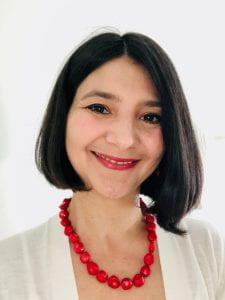
For the future of earth-independent space travel to be successful, NASA must do more than engineer cutting-edge aeronautics—decisionmakers must also carefully consider the make-up of mission crews.
Alina Lungeanu, who combines social and network science insights to examine team dynamics, applied her research to the development of NASA’s TEAMSTaR interface. The application generates behavioral scenarios based on selected team members and assigned tasks, and predicts how social relationships will evolve over multi-year missions.
Insights allow NASA leaders to identify the variables that will optimize overall performance and mitigate risks. Read more about TEAMSTaR.
We’re excited to announce that Alina Lungeanu has joined the faculty at Northeastern University as a jointly appointed Assistant Professor of Communications Studies and Assistant Professor of Management & Organizational Development. Here, she will continue her interdisciplinary and collaborative research spanning sociology, psychology, public health, and computer science.
Prior to joining Northeastern University, Lungeanu was a Research Assistant Professor in the School of Communication at Northwestern University—where she also earned her Ph.D. in Technology and Social Behavior. She has received grants from the National Science Foundation and the National Aeronautics and Space Administration; her research has been published in leading journals, including American Behavioral Scientist, Network Science, and Communication Methods and Measures.
Network Science Institute
Professor Esteban Moro: Digging into the Complexity of Big Data and Human Dynamics

Distinguished physicist Esteban Moro explores the movement of information across human and technological webs, including events like viral marketing and natural disaster response.
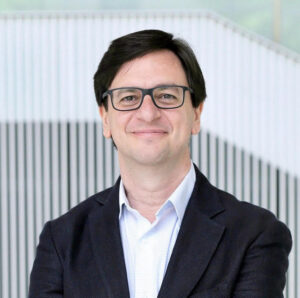
In a recent episode of the “Too Lazy to Read the Paper” podcast, Moro discusses his paper, The Dynamical Strength of Social Ties in Information Spreading, which examines how our lifestyle and communication habits influence the spread of information on social media. Listen here.
We’re excited to announce that Esteban Moro has joined the faculty at Northeastern University as a tenured Professor of Physics. Here, he will continue to explore the formula for speed across massive datasets.
Prior to joining Northeastern University, Moro was a data scientist at the Massachusetts Institute of Technology (MIT) Institute for Data, Systems, and Society and visiting professor at the MIT Media Lab. Moro has consulted for a number of public and private institutions, published more than 100 articles, and been recognized for award-winning research. He’s also been cited by leading media outlets, including The Atlantic, The Washington Post, and The Wall Street Journal. He earned his Ph.D. in physics from the Universidad Carlos III de Madrid.
Read profile highlights on some of our incoming faculty here as well as an overview of our thematic hires. Read about our incoming faculty hires for Impact Engines here.

